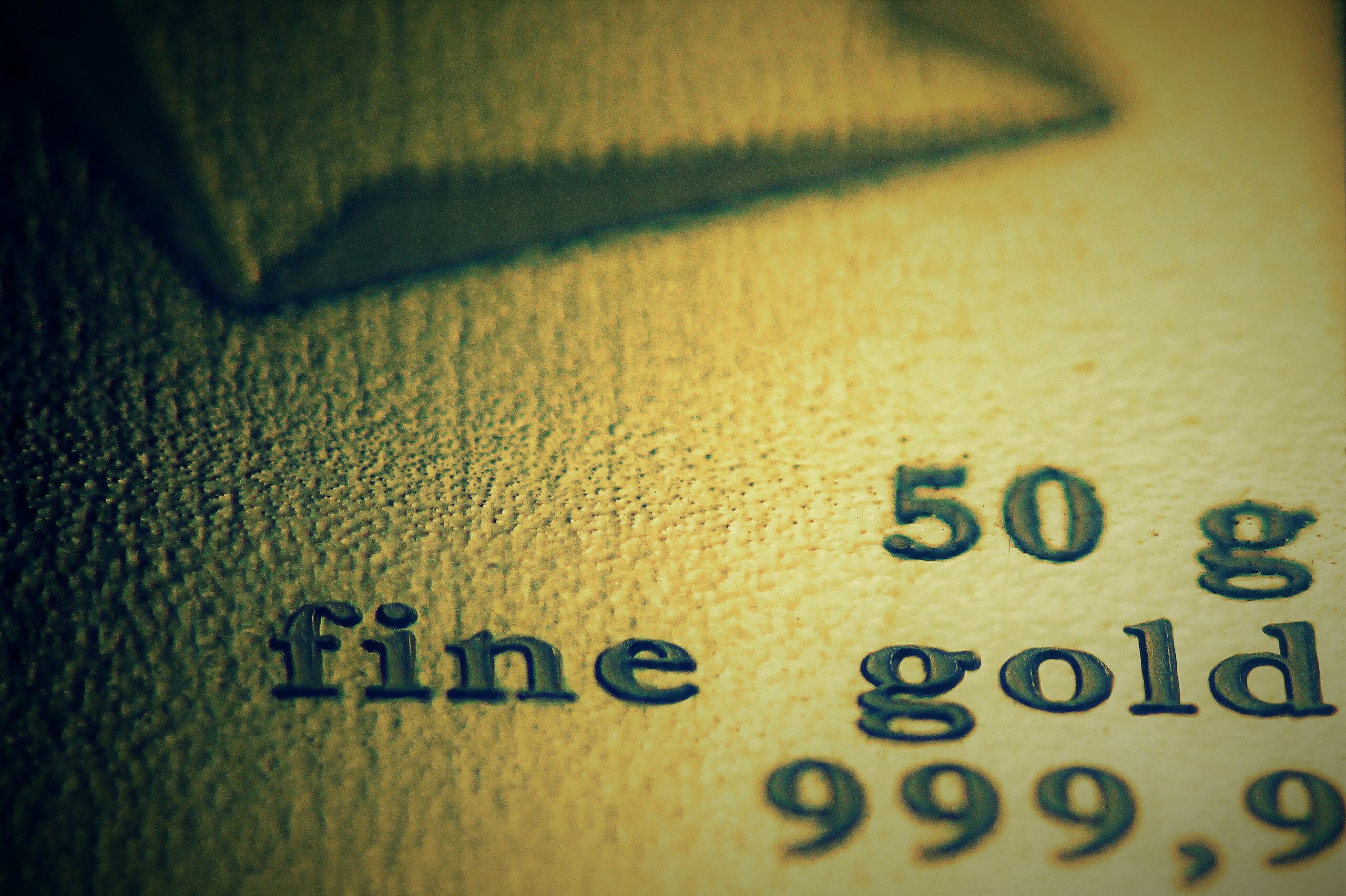Macro economics is a branch of economics that studies the behavior and performance of an economy as a whole. It focuses on the factors that affect the overall economy, such as inflation, unemployment, and economic growth.
One of the key concepts in macro economics is GDP, or Gross Domestic Product. GDP measures the total value of all goods and services produced within a country’s borders in a specific period of time. It is a widely used indicator of a country’s economic performance.
Inflation is another important concept in macro economics. It refers to the increase in the overall price level of goods and services in an economy over time. Inflation can have both positive and negative effects on an economy. A moderate level of inflation is generally considered beneficial, as it encourages spending and investment. However, high inflation can erode the purchasing power of consumers and create economic instability.
Unemployment is another key concern in macro economics. It refers to the number of people who are actively seeking employment but are unable to find work. High levels of unemployment can have a negative impact on an economy, as it means that resources are not being utilized efficiently and people are not able to contribute to the production of goods and services.
Economic growth is an important goal in macro economics. It refers to the increase in the production of goods and services in an economy over time. Economic growth is typically measured by the change in real GDP, which takes into account inflation. A higher rate of economic growth is generally considered desirable, as it leads to higher living standards and increased prosperity for individuals.
